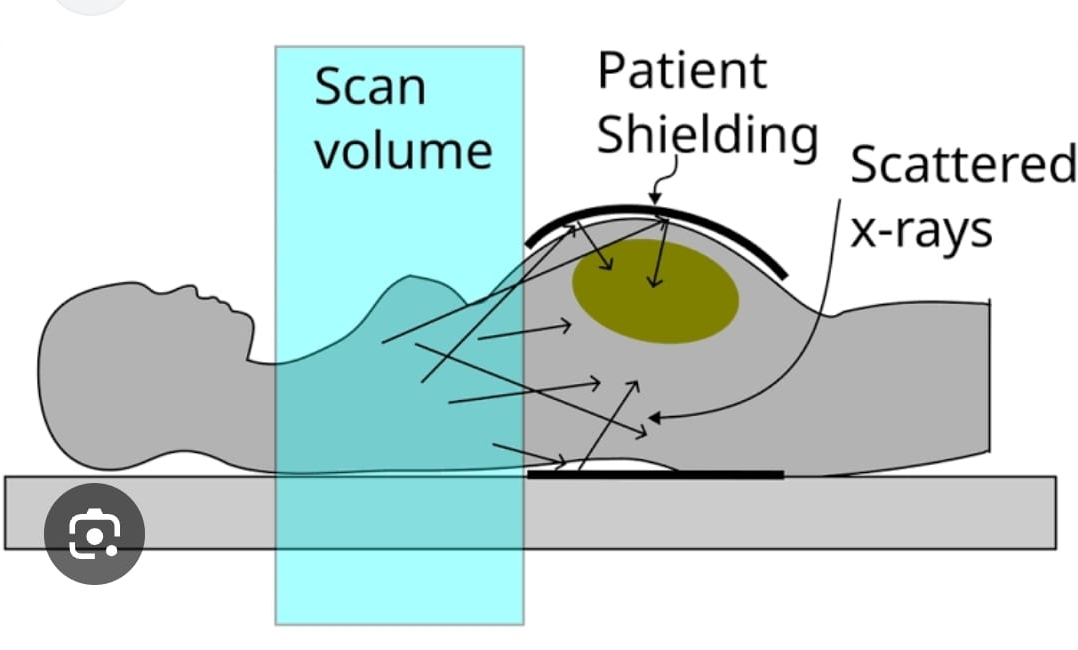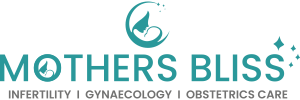+919209382847

This is your website preview.
Currently it only shows your basic business info. Start adding relevant business details such as description, images and products or services to gain your customers attention by using Boost 360 android app / iOS App / web portal.
X-ray exposure during pregnancy can pose risks ...

X-ray exposure during pregnancy can pose risks to the developing fetus, particularly if the exposure occurs during the early stages of pregnancy when the fetus is more vulnerable. The main concerns include: Miscarriage: High doses of radiation can increase the risk of miscarriage, though this is generally rare with routine diagnostic X-rays. Birth Defects: There is a potential for birth defects, particularly if radiation is absorbed by the developing brain or other vital organs early in pregnancy. The risks of this are higher with larger doses. Developmental Delays: Exposure to radiation, especially during the first trimester, can increase the risk of developmental delays and intellectual disabilities in the child. Increased Cancer Risk: Exposure to high levels of radiation may increase the risk of cancer later in life for the child, although the risk from diagnostic X-rays is usually considered low. For low-dose X-rays (like dental X-rays or chest X-rays), the risks to the fetus are generally considered minimal, especially if precautions such as shielding are used. However, doctors typically recommend avoiding unnecessary X-ray procedures during pregnancy, and alternative imaging methods (like ultrasound or MRI) are often preferred when possible.

